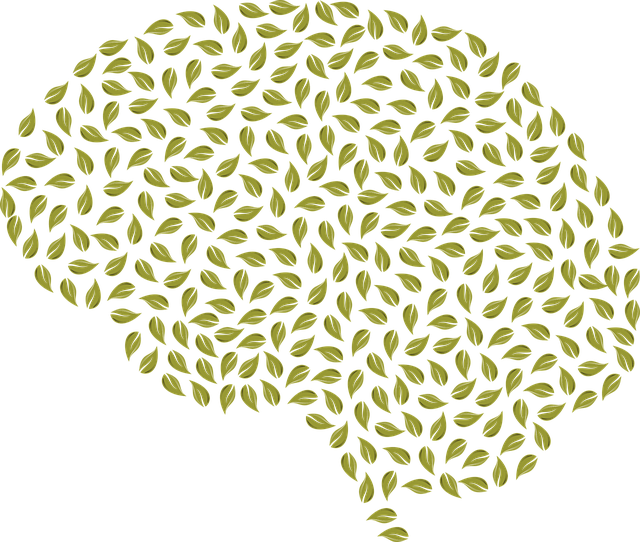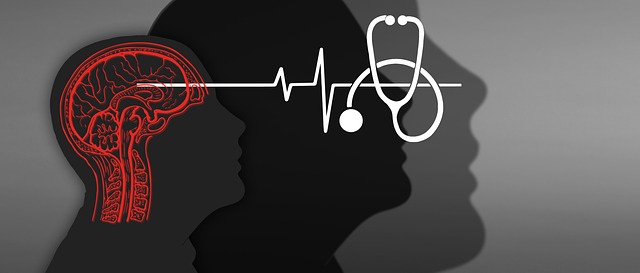Mindfulness meditation, through the practice of Golden Relationship Issues Therapy, cultivates present-moment awareness to improve interpersonal connections. By fostering inner strength and coping skills, individuals gain better conflict management, understanding, and resilience in their relationships. Regular mindfulness routines strengthen mind-body connections, aid stress and anxiety management, and enhance well-being. Simple techniques like breath focus, non-judgment, sensory engagement, and affirmations enhance emotional balance and mental wellness, fostering deeper present-moment connection. This is especially beneficial for high-stress professions, empowering better interactions and stronger relationships.
Unwind and reconnect with yourself through mindfulness meditation—a powerful tool for navigating relationship issues. This practice guides you to cultivate present-moment awareness, fostering better communication and empathy in your connections. In this article, we’ll explore how mindfulness can transform your relationships, offering practical steps like setting up a dedicated space and establishing a routine. Discover techniques and tips tailored for enhancing your meditation practice, ultimately leading to improved mental well-being and more golden relationship moments.
- Understanding Mindfulness Meditation for Relationship Issues
- Setting Up Your Space and Establishing a Routine
- Techniques and Tips to Enhance Your Practice
Understanding Mindfulness Meditation for Relationship Issues

Mindfulness meditation has emerged as a powerful tool for addressing and resolving relationship issues, offering a unique approach to therapy known as Golden Relationship Issues Therapy. This ancient practice focuses on cultivating present-moment awareness, which can significantly enhance one’s ability to navigate and improve interpersonal connections. By fostering inner strength development, individuals gain the coping skills necessary to manage conflicts, promote understanding, and build resilience in their relationships.
Through mindfulness meditation, individuals learn to observe their thoughts and emotions without judgment, allowing them to respond rather than react in challenging situations. This promotes empathy and effective communication, which are essential for mending and strengthening bonds with partners, family members, or friends. By investing time in this practice, one can develop a deeper sense of self-awareness, enabling better management of stress and emotional triggers, thereby fostering healthier relationships and improving overall well-being.
Setting Up Your Space and Establishing a Routine

Creating a dedicated space for your mindfulness practice is the first step toward fostering a healthier mind and better coping mechanisms. This can be as simple as carving out a quiet corner in your home, free from distractions and clutter. A calm environment signals to your mind that it’s time to switch off from daily stresses and focus inward. Think about incorporating elements that promote relaxation; soft lighting, soothing scents, or even a small potted plant can make a significant difference. Establishing a consistent routine is equally vital. Whether you choose to meditate in the morning to set a positive tone for the day or before bedtime to unwind and reflect on your experiences, finding a regular time works wonders for building discipline. Consistency strengthens the mind-body connection, making it easier to recognize and respond to stress and anxiety.
Regular practice of mindfulness meditation can serve as an effective tool for burnout prevention, especially in professions known for high-stress levels like healthcare provider cultural competency training. By integrating Self-Awareness Exercises into your daily routine, you cultivate a deeper understanding of your emotional responses to challenging situations, fostering better relationships at work and in personal life. The Golden Relationship Issues Therapy benefits extend beyond therapy sessions; it empowers individuals to navigate their interactions with increased awareness and empathy.
Techniques and Tips to Enhance Your Practice

To enhance your mindfulness meditation practice, consider incorporating a few simple yet effective techniques. One powerful tool is focusing on your breath—pay close attention to its rhythm and depth. This anchors you in the present moment, quieting the mind’s constant chatter. Additionally, cultivating an attitude of non-judgment is vital; embrace each sensation and thought without attaching or reacting to them.
Another valuable strategy involves engaging your senses. Mindfully observe the sounds, sights, and smells around you—this sensory awareness can be a gateway to deeper relaxation and clarity. Incorporate communication strategies into your practice by gently guiding yourself with affirmations or mantras that promote mental wellness and reinforce the mind over matter principles. Regularly practicing these techniques can help resolve golden relationship issues therapy often encounters, fostering better emotional balance and strengthening your overall mental wellness.
Mindfulness meditation, as a practice, offers a powerful tool for navigating and resolving Golden Relationship Issues. By setting up a dedicated space and establishing a routine, you can harness the benefits of mindfulness to enhance your well-being and strengthen connections. Through various techniques and tips, this article has provided guidance to deepen your understanding and elevate your meditation journey. Embrace these practices to cultivate a more harmonious and fulfilling life, one mindful moment at a time.











